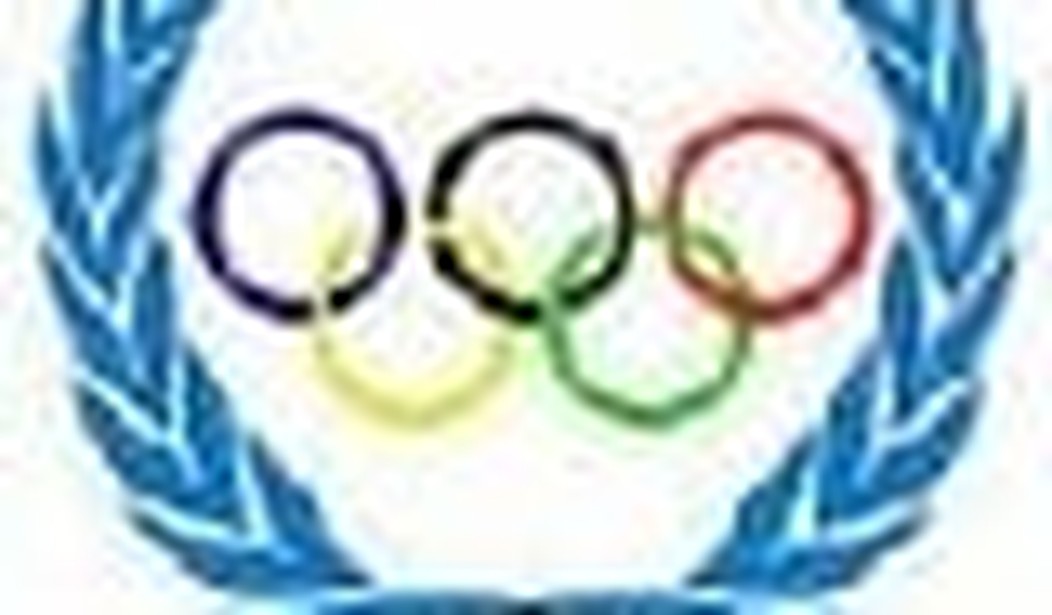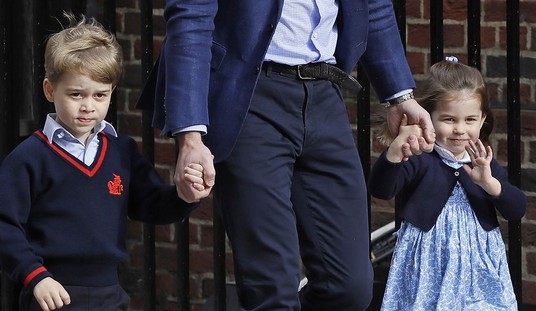Earlier this month, an actress in Greece dressed up as a high priestess and lit the Olympic flame, sending the torch on its first steps toward the 2010 Winter Games in Vancouver, British Columbia. While supporters of the Olympic movement may characterize the event as a moving tribute, for the rest of us it should be a prompt that the Olympics really need to remain nothing more than a show.
Unfortunately, this month has been a reminder that the Olympic movement wants to be something more than an athletic pageant. Regretfully, it persists on asserting itself as a moral arbiter. Despite a checkered moral history of its own that includes Olympics set up to press agendas that were either abhorrently fascist (see the 1936 Berlin Games) or questionably nationalistic (see the 2008 Beijing Games), organizers believe they can define rules on do’s and don’ts outside of the sporting arenas.
Two weeks ago, the New Zealand Olympic Committee decreed that an athlete seeking funding for his Olympic dream in the less-than-lucrative sport of taekwondo can’t choose his own way to raise said funds. Logan Campbell, who competed in the 2008 Games, decided that rather than burden his parents with the cost of paying his way for training and travel in the hopes of winning a spot at the 2012 Olympics in London, he would start a brothel.
Such an establishment, if registered, is perfectly legal under New Zealand’s liberal laws. But the New Zealand Olympic Committee felt compelled to police the matter. “Based on the Olympic values of excellence, friendship and respect, we would place your actions as totally inconsistent with these values,” the committee said in a letter to Campbell. “Your open solicitation of ‘clients’ for your ‘business’ while using the Olympic or Olympian connection must cease immediately, or the NZOC will be forced to consider taking legal action against you.” The sports sub-organizing body, Taekwondo New Zealand, had already warned Campbell that his involvement with his high-end escort agency could impact his selection to the Olympic squad.
Never mind that this athlete is trying to scrape together approximately $224,000 while the International Olympic Committee raked in a record $3.8 billion for broadcasting rights to the 2010 and 2012 Games. It’s also worth noting that female Olympic athletes — from the Australian soccer team to Canadian biatheletes — have funded their dreams by stripping down to the nude in tasteful calendars and have gone on to represent their countries.
If legislating individual morals were not enough, the organizers for the 2012 London Games have decided to focus their attentions on macro issues. Britain’s “Cultural Olympiad,” which will be run in conjunction with the 2012 Olympics, awarded artist Alex Hartley more than $825,000 this month to tow part of a small island off of Greenland to the southwest coast of England. The purpose is to bring attention to climate change. “It’s an absurd thing to do, I admit that,” said an unapologetic Hartley to BBC Devon. Still, he also promised: “When you see the island there will be magic in it.” As for the environmental impact of ripping off a piece of an island and hauling it thousands of miles, Hartley is confident that the attention he will bring to global warming will offset the project’s carbon footprint.
Now I actually believe that climate change is a worthy issue. But I certainly don’t want the Olympic movement (whether it be national or international Olympic committees or local organizers) spending money to tell me about it. This is especially the case when they seem to be forgetting the fact this is all meant to be an athletics show. In fact, only a day before the announcement of Hartley’s windfall, the British Olympic Association disclosed that it might have to trim the size of the 2012 British team because of a more than $6.6 million shortfall in funding.
No doubt, the hard work put in by the British athletes who may be snubbed — or by New Zealand’s Mr. Campbell — would surely do more to renew my moral spirit than seeing Mr. Hartley’s piece of an island off the British coast.
Ultimately, these “Olympic” actions speak to the hubris of the movement. When Olympic founder Pierre de Coubertin coined his Olympic oath, the one request he had for the competitors was to glorify sport through sportsmanlike decorum. In 2000, athletes also needed to swear they will eschew doping in their quest for gold. Here’s hoping that the next level of commitment doesn’t include agreeing to a set of principles that have nothing to do with sprinting down a track or throwing a javelin. Considering the current direction of the movement, I wouldn’t bet against it.









Join the conversation as a VIP Member